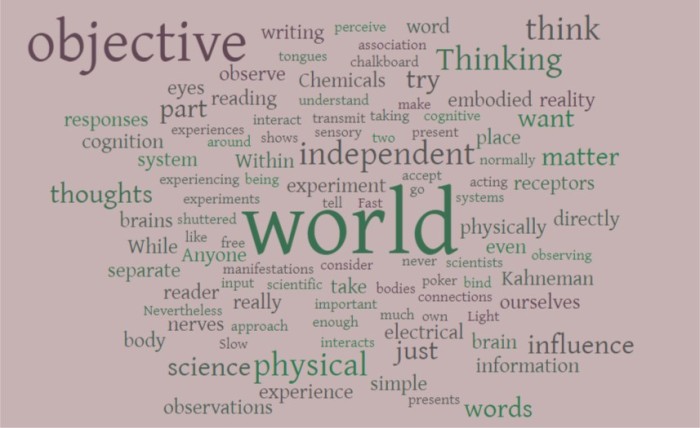In Sapiens, Yuval Noah Harari writes, “in the early twenty-first century, the world is still divided into about 200 states. But none of these states is truly independent. They all depend on one another.”
I am not a international relations scholar and I don’t have an extensive background in covering world affairs or foreign politics, but I don’t think such a background is necessary to see how globalized the world economy has become today. It is likely that the shirts we are wearing have travelled further across the globe than we have. We can see that the actions of one oil producing country, or the collective decisions of the countries which form OPEC, can influence the cost of oil and gas in our home country, making us happy when gas prices drop and furious when they rise. Our global supply chain is dependent on metals from numerous different countries, designs from different parts of the planet, and inputs from countries near and far. We depend on other countries to have the lifestyles and products that we want.
In the United States right now, nationalist thinking has become popular. There is a segment of the country that wants to believe that we can produce all of the goods and services that we want and need internally, that we can provide all of the resources that we need, and that we can shutout other countries. This is not possible in the globalized world we inhabit. Political and economic shocks in other countries will still influence what happens in the markets domestically. Social movements that start abroad can spill into the United States. Our country only has 330 million of 7 billion people on the planet. While we might be able to support many of our own needs internally, markets will always push our companies to engage with the remaining 6.7 billion people on earth.
Beyond thinking of just the American economy and political system, there are challenges that humanity will face that cannot be answered by countries in isolation. Global climate change requires working with and cooperating with other countries. Wildlife and marine life management will require working with other countries. Addressing pollution, microplastics, oil spills, and radiation contamination requires the coordinated efforts of multiple countries. Whether we like it or not, whether we have institutions to deal with it or not, we are dependent on one another. The United States is not an exception, countries today are not truly independent.

